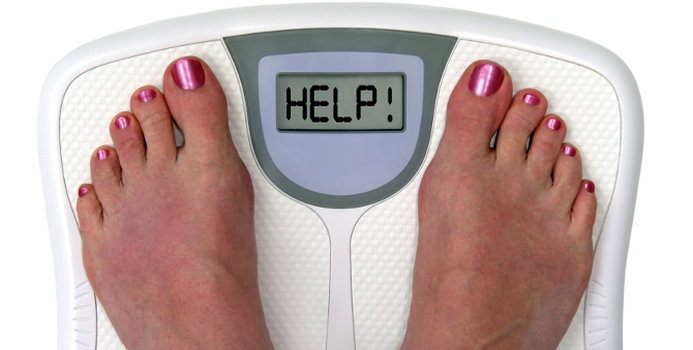One of the most frustrating things about weight loss is that it all too often becomes a battle with the scale. A feeling of hopeful anticipation can quickly turn into one of disappointment, frustration, and despair if we feel like the scale doesn't reflect our hard work. Sometimes it seems that the scale will not budge, no matter what new healthy habits we put in place, which can railroad any motivation to continue those healthy behaviors. Are we really to blame for these feelings of frustration? We live in a culture that focuses on quick results, which isn't always conducive when measuring weight loss. But the good news is there are other ways to measure your weight loss progress, and none of them have to do with stepping on a scale.
If you go to your doctor or if you decide to seek help from a dietitian, they will take some anthropometric measurements. These can include weight, height, BMI, waist circumference, skin fold measurements, etc. Changes in some of these anthropometric measurements may be a better indicator of overall health improvement versus your weight on the scale. For example, waist circumference is a measurement that has many health implications because it is an indication of abdominal fat. According to the National Institute of Health, an increased waist circumference measurement could lead to increased risk for type 2 diabetes, dyslipidemia, hypertension, and cardiovascular disease. The recommendation is 35 inches for women and 40 inches for men. Even slight decreases in waist circumference can greatly reduce your risk of developing these diseases and will also reflect progress in your weight loss efforts.
Another way to measure weight loss without stepping on the scale is by how your clothes fit. Many times when people are in the midst of trying to lose weight the scale may not budge, but they will notice that their pants are a little loser and their favorite top isn't as tight. This is due to a change in body composition (the ratio of muscle to fat). So instead of focusing on the number on the scale, enjoy the way you're looking in your clothes!
And perhaps the best way to measure weight loss has nothing to do with numbers at all - it's how you feel. Say you have about 20 pounds to lose - next time you're in the grocery store pick up a 20 pound bag of dog food and carry it around as you do some of your shopping. You'll probably notice the extra stress it puts on your body. Now imagine losing that 20 pounds - you can move around easier since there's less pressure on your joints and you'll most likely feel like you have more energy. And isn't that why most of us want to lose weight in the first place - to feel better? So while stepping on the scale definitely has its place in measuring weight loss, the good news is there are other, perhaps less frustrating ways, to track your progress.
Brianna Wilson, MS, RD is a dietitian and freelance writer based in Boston, Massachusetts. Brianna received a Bachelor of Science degree in dietetics from California State University, Fresno and a Master of Science degree in nutrition from Boston University. She currently works with an adult weight management program through Winchester Hospital. She is passionate about food and eating and enjoys teaching others about the preventative benefits of following a healthy lifestyle. Contact Brianna via email at [email protected].



